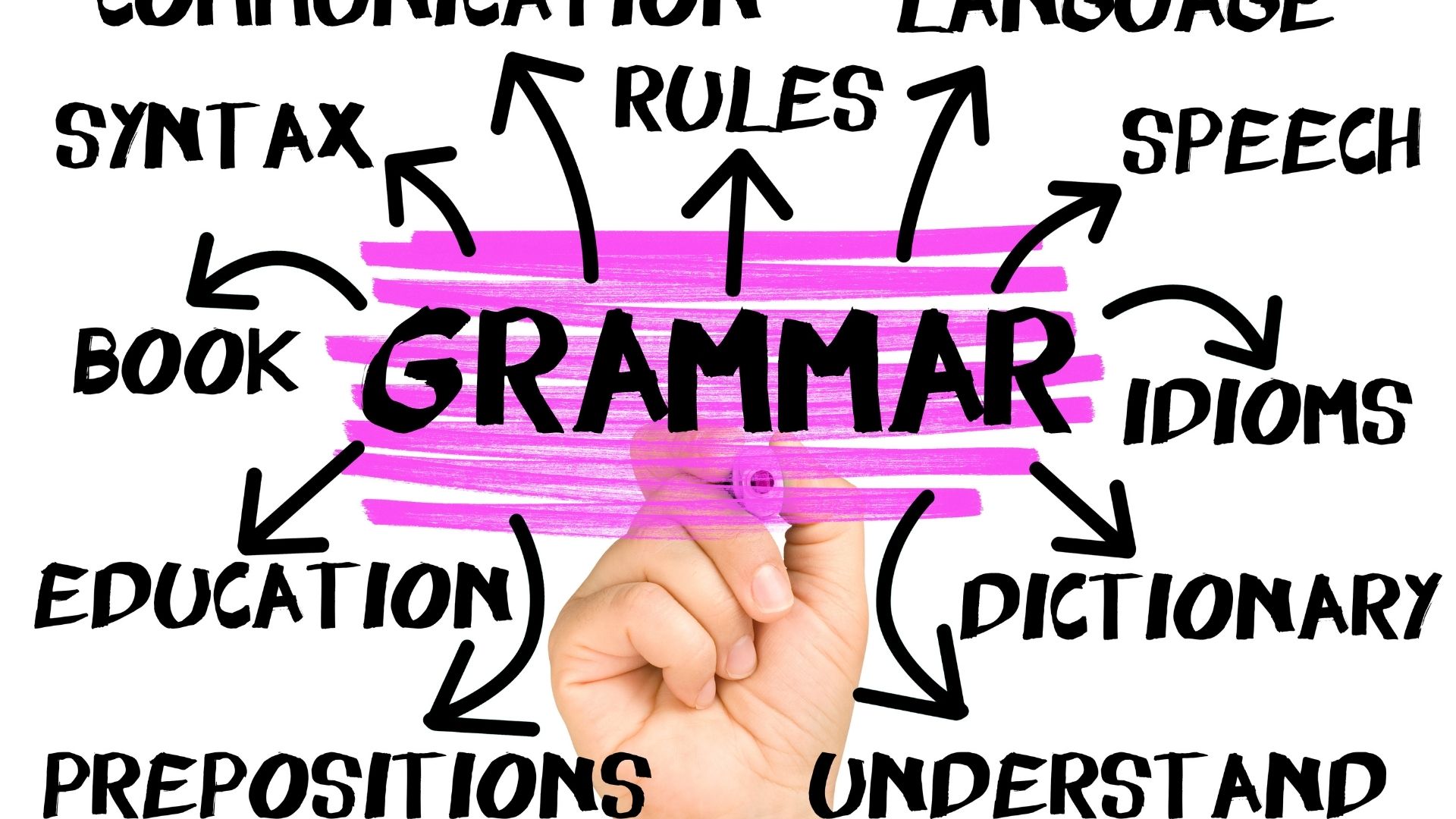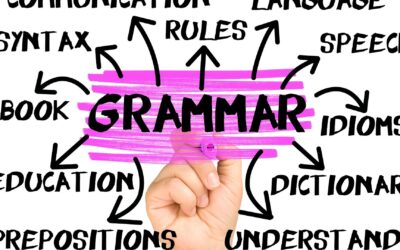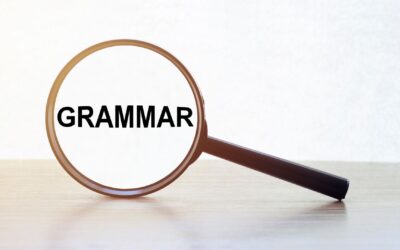Introduction
In this Grammar and Speaking episode, we’re going to discuss the differences in using can, could and be able to. We will learn how to use them to convey different meanings and that will only help us express ourselves better, which is the ultimate goal of any grammar episode on English Plus Podcast.
Audio Episode
Lesson Highlights
Can
We use can to say that something is possible or allowed, or that somebody has the ability to do something. We use can + infinitive (can do / can see etc.):
- We can see the lake from our hotel.
- ‘I don’t have a pen.’ ‘You can use mine.’
The negative is can’t (= cannot):
- I’m afraid I can’t come to the party on Friday.
Be able to
You can say that somebody is able to do something, but can is more usual:
We are able to see the lake from our hotel.
But can has only two forms: can (present) and could (past). So sometimes it is necessary to use (be) able to. Compare:
- I can’t sleep.
I haven’t been able to sleep recently. - Tom can come tomorrow.
Tom might be able to come tomorrow. - Maria can speak French, Spanish and English.
Applicants for the job must be able to speak two foreign languages.
Could
Sometimes could is the past of can. We use could especially with:
see – hear – smell – taste – feel – remember – understand
- We had a lovely room in the hotel. We could see the lake.
- As soon as I walked into the room, I could smell gas.
- I was sitting at the back of the theatre and couldn’t hear very well.
We also use could to say that somebody had the ability to do something, or was allowed to do something:
- My grandfather could speak five languages.
- We were totally free. We could do what we wanted. (= we were allowed to do)
Could and Was Able To
We use could for general ability and with see, hear etc. :
- My grandfather could speak five languages.
- I could see them, but not very clearly.
But to say that somebody succeeded in doing something in a specific situation, we normally use was/were able to or managed to (not could):
- The fire spread quickly, but everybody was able to escape. (not could escape)
- I didn’t know where Max was, but I managed to find him in the end. (not could find)
Compare:
- Jack was an excellent tennis player when he was younger. He could beat anybody. (= he was good enough to beat anybody, he had the ability)
- but Jack and Andy played a match yesterday. Andy played well, but Jack managed to beat him. (= he succeeded in beating him this time)
The negative couldn’t (could not) is possible in all situations:
- My grandfather couldn’t swim.
- I looked for Max everywhere, but I couldn’t find him.
- Andy played well, but he couldn’t beat Jack.
Could – The Past of Can
Sometimes could is the past of can:
- Listen. I can hear something. (now)
- I listened. I could hear something. (past)
But could is not always past. We also use could for possible actions now or in the future, especially to make suggestions. For example:
- a: What shall we do tonight?
b: We could go to the cinema. - a: When you go to Paris next month, you could stay with Sarah.
b: Yes, I suppose I could.
Can is also possible in these sentences (‘We can go to the cinema.’ etc.). Could is less sure than can.
Realistic vs. Unrealistic
We also use could (not can) for actions that are not realistic. For example:
- I’m so tired, I could sleep for a week. (not I can sleep for a week)
Compare can and could:
- I can stay with Sarah when I go to Paris. (realistic)
- Maybe I could stay with Sarah when I go to Paris. (possible, but less sure)
- This is a wonderful place. I could stay here forever. (unrealistic)
Could to Talk about Now
We also use could (not can) to say that something is possible now or in the future:
- The story could be true, but I don’t think it is. (not can be true)
- I don’t know what time Lisa is coming. She could get here at any time.
Compare can and could:
- The weather can change very quickly in the mountains. (in general)
- The weather is nice now, but it could change later. (the weather now, not in general)
Could Have
We use could have (done) to talk about the past. Compare:
- I’m so tired, I could sleep for a week. (now)
I was so tired, I could have slept for a week. (past) - The situation is bad, but it could be worse. (now)
The situation was bad, but it could have been worse. (past)
Something could have happened = it was possible, but did not happen:
- Why did you stay at a hotel? You could have stayed with me.
- David was lucky. He could have hurt himself when he fell, but he’s all right.
Couldn’t Do Something; It Was Not Possible
I couldn’t do something = it would not be possible:
- I couldn’t live in a big city. I’d hate it. (= it wouldn’t be possible for me)
- Everything is fine right now. Things couldn’t be better.
For the past we use couldn’t have … (= would not have been possible):
- We had a really good holiday. It couldn’t have been better.
Note that ‘I couldn’t do something’ has two meanings:
(1) I couldn’t = it would not be possible now, I would not be able:
- I couldn’t run ten kilometres now. I’m not fit enough. (= I would not be able)
(2) I couldn’t = I was not able (past)
- I couldn’t run yesterday because I’d hurt my leg. (= I was not able)











0 Comments